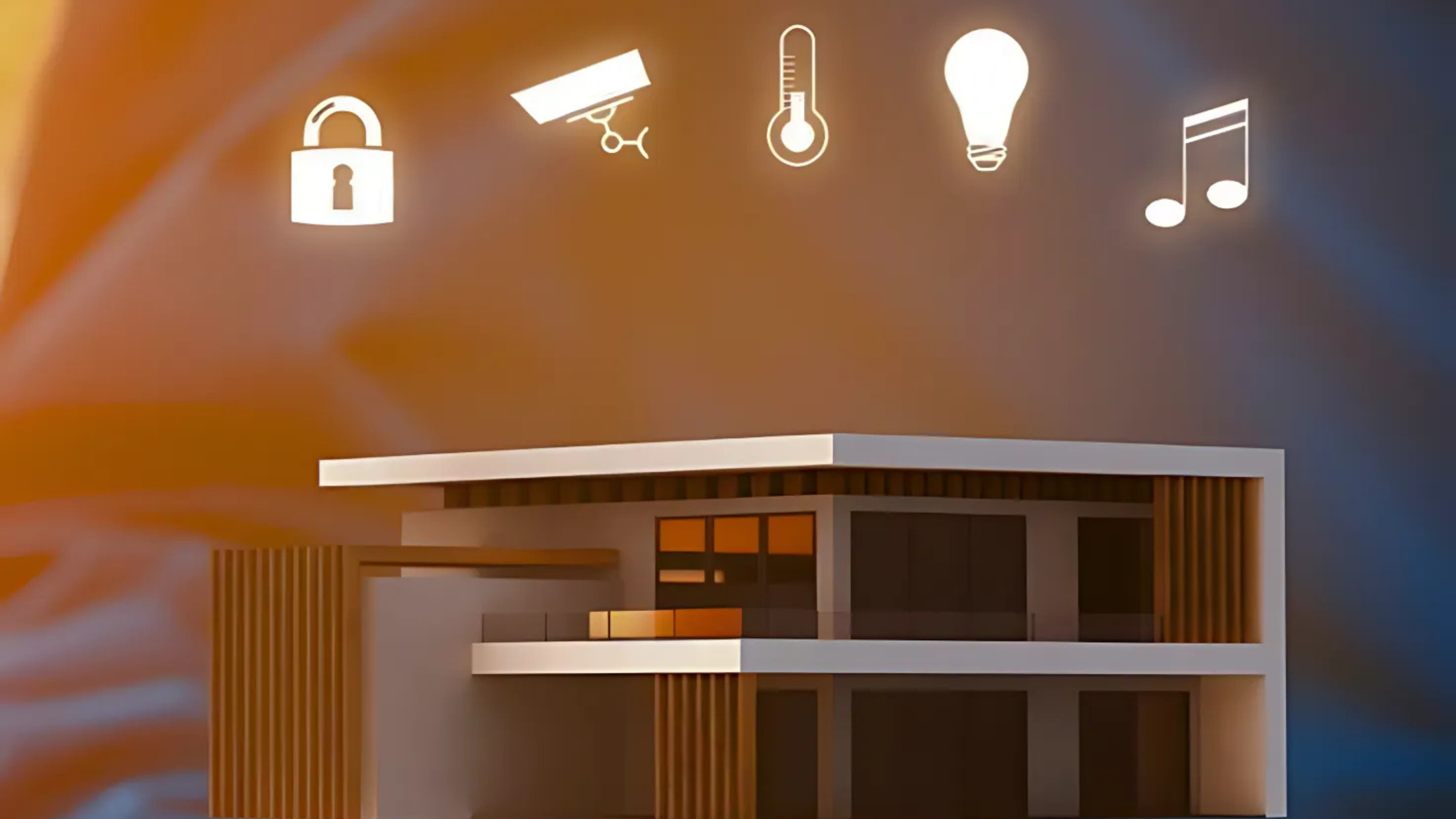1. Sensitive Strategies for Smart Automation
• Adaptive Light & Soundscapes: Systems like Philips Hue and Lutron can mimic natural rhythms—cool, bright light in the morning, warm amber in the evening—supporting your circadian health and promoting better sleep.
• Intelligent Thermoregulation: Smart thermostats (e.g. Ecobee, Nest) learn your preferences and adjust temperatures seasonally. Outside feedback? Your home gently nudges energy-saving mode on hot or cold days—better for your comfort and the planet.
⸻
2. Tailored Experiences Through AI & Machine Learning
• Personal Rituals, Always on Cue: Picture your blinds opening, coffee machine starting, and favorite morning playlist softly filling the room—without lifting a finger. Smart routines bring your daily habits into harmony.
• Room-by-Room Customization: Home hubs recognize individual preferences—bright light for your kitchen, cozy warmth in the den, ambient calm for meditation. Your space finally listens.
⸻
3. Wellness Tech Beyond Smart Speakers
• Air Quality Intelligence: Smart sensors detect pollutants and allergens, activating air purifiers when needed. When was the last time you breathed easy?
• Stress-Aware Environments: Wearables can feed emotional data to your smart home—like dimming lights or playing calming sounds when cortisol rises. A true sanctuary.
⸻
4. Harmonious Integration: Security with Soul
• Seamless & Secure Entry: Smart locks, doorbells, and facial recognition cameras protect you while making entry frictionless. Even with guests—no fumbling for keys.
• Privacy-First Design: Choose systems with local processing or clear data policies. Security shouldn’t come at the cost of privacy—period.
⸻
5. Future-Proofing Your Sanctuary
• Interoperable Ecosystems: Pick smart devices that stand together: Alexa, HomeKit, or Matter-compatible gadgets all talk to one coordinator for future convenience.
• Greener, Smarter Choices: Solar monitoring, smart irrigation, and energy dashboards help you live consciously—and build long-term home value.
⸻
💬 Why this matters
Wellness-informed smart homes are more than trends—they raise quality of life. Potential buyers increasingly see healthy, personalized, connected homes as valuable assets. As real estate pros, we can lead by guiding clients toward spaces that don’t just shine—they shape life.

